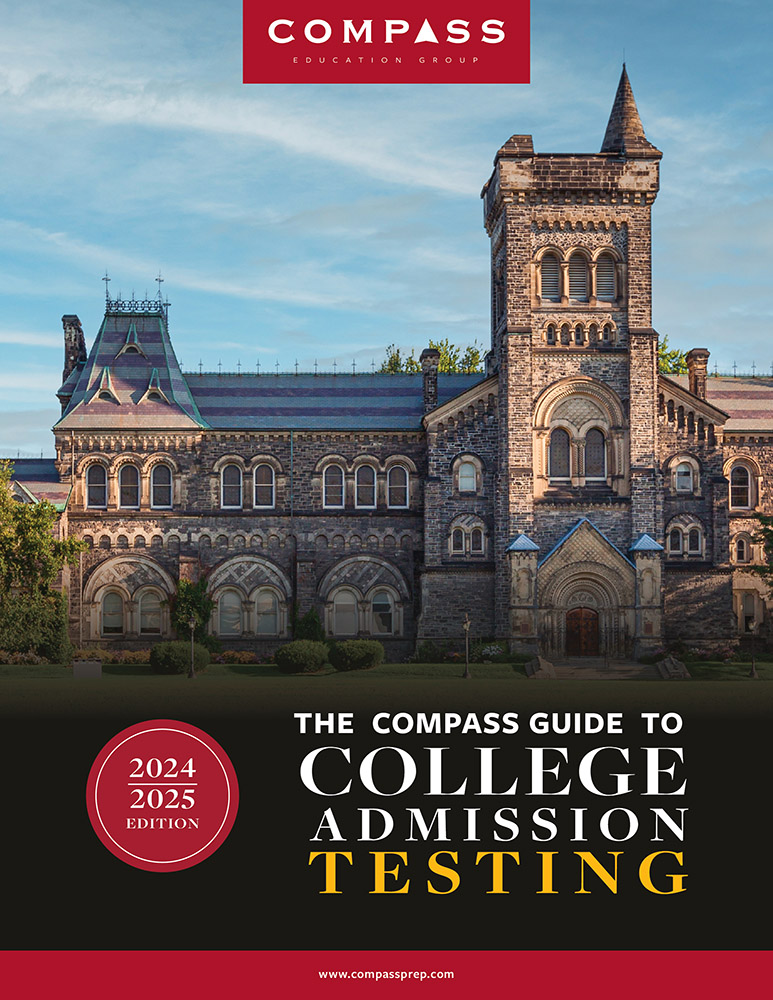
Faithful readers of this blog know that the major SAT redesign is framed and heavily influenced by the Common Core landscape nationally. Well, score one for the College Board in their no-holds-barred cage match with ACT for dominance in the testing realm within public education. Many states currently require (and pay for) the ACT as a capstone test taken by all students in public schools. A lesser number of states require the SAT, and College Board is determined to recapture this lost ground. The Detroit Free Press broke the news on Jan 7 that the state of Michigan, after requiring the ACT for the last seven years, will switch to requiring the SAT in the next school year.
Cynics will reasonably point out that the College Board had to underbid ACT by $15M to win this $17M contract, but there’s no denying that Michigan’s decision is a coup for an organization which has seen its dominance erode in the last decade, culminating with the news in 2013 that the SAT is now in second place (which is also last place) in market share as defined by number of test-takers nationally. Michigan’s decision is wind in the College Board’s sails as they finalize sweeping changes to their flagship exams, the new versions of which will debut as the Oct 2015 PSAT and the March 2016 SAT. We expect this news to bolster College Board’s resolve to stay the course with their drastic overhaul, even as they suffer additional loss of market share to the ACT within the population of students who do not have to worry about state-mandated requirements and do not care to be guinea pigs in the transition.
Here at Compass, we are regularly asked to speak to audiences of parents, students, counselors, and faculty to share our take on the practical implications of this battle between College Board and ACT. Our consistent message has been that students in the class of 2017 would do well to stay above the fray as much as possible, recognizing that the agendas of these testing organizations and the public school apparatus at the state and district levels is not the agenda of the individual student aspiring to gain admission to selective colleges. This is especially true for students who attend private secondary schools not directly subject to the chaotic oscillations caused by the Common Core and its attendant controversy.
As always, we welcome the opportunity to discuss with individual families and counselors how they will respond to the shifting testing landscape.


One Comment